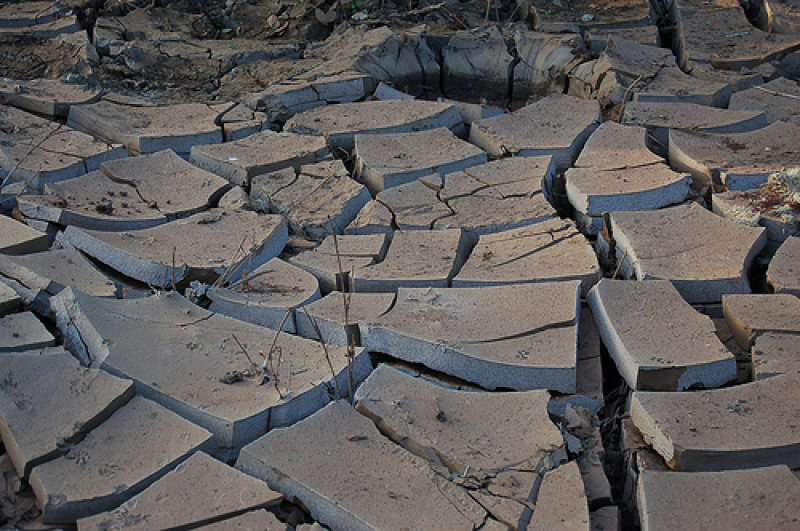
A study published by the Global Warming Policy Foundation (GWPF) criticized the World Health Organization's (WHO) prediction that the death toll caused by global warming will increase by 250,000 a year, the Daily Caller reported.
In August of this year, WHO released a report stating that more people will die yearly from 2030 to 2050 as the effects of the environmental phenomenon on the planet worsen. According to the international organization's findings, the increase in temperature on Earth will directly lead to more natural disasters and the development of diseases.
Through floods and other effects of weather-related disasters, WHO explained that water and food supplies will become contaminated and result in the development of various kinds of diseases such as malaria and diarrhea.
Based on WHO's annual death statistics prediction, 38,000 people will succumb to heat exposure, 60,000 will die because of malaria, 48,000 will perish because of diarrhea and 95,000 children will die of malnutrition. The organization did not include the death rate caused by natural disasters.
However, Indur Goklanay, a former delegate of the Intergovernmental Panel on Climate Change, believes that WHO's findings were greatly exaggerated. He detailed his criticism in a study released by the GWPF, a U.K.-based organization that aims to challenge policies and reports that spread inaccurate or harmful information about global warming.
"Even if one assumes that the relationship between climatic variables and mortality used in this study are valid, considering the cumulative effect of the shortcomings noted above, the methodologies and assumptions used by the WHO inevitable exaggerate the future mortality increase attributed to global warming," he wrote in his study.
According to Goklanay, WHO did not take into account people's reactions and adaptive behavior in response to the effects of changing weather patterns.
Through advances in the fields of technology and medicine, he noted that people will eventually come up with effective ways to survive the immediate and long-term effects of natural disasters and diseases.
"If the seas rise around them, heat waves become more prevalent, or malaria, diarrhoeal disease and hunger spread, they will undertake adaptation measures to protect themselves and reduce, if not eliminate, the adverse consequences," Goklany wrote in his study.

















